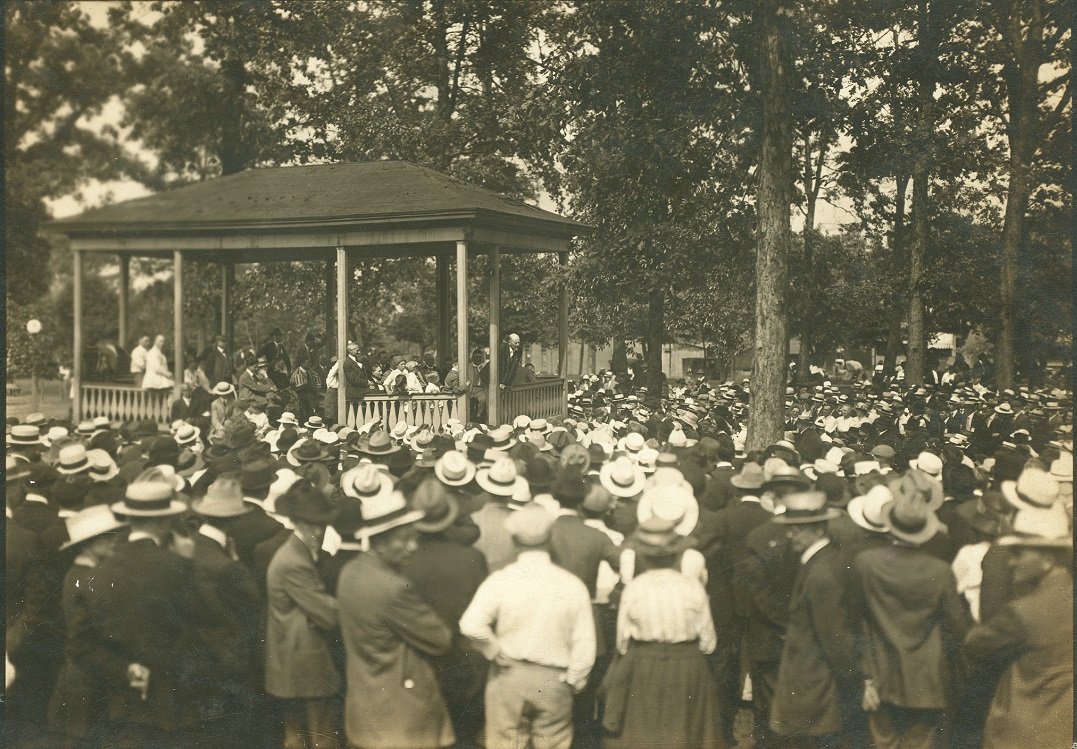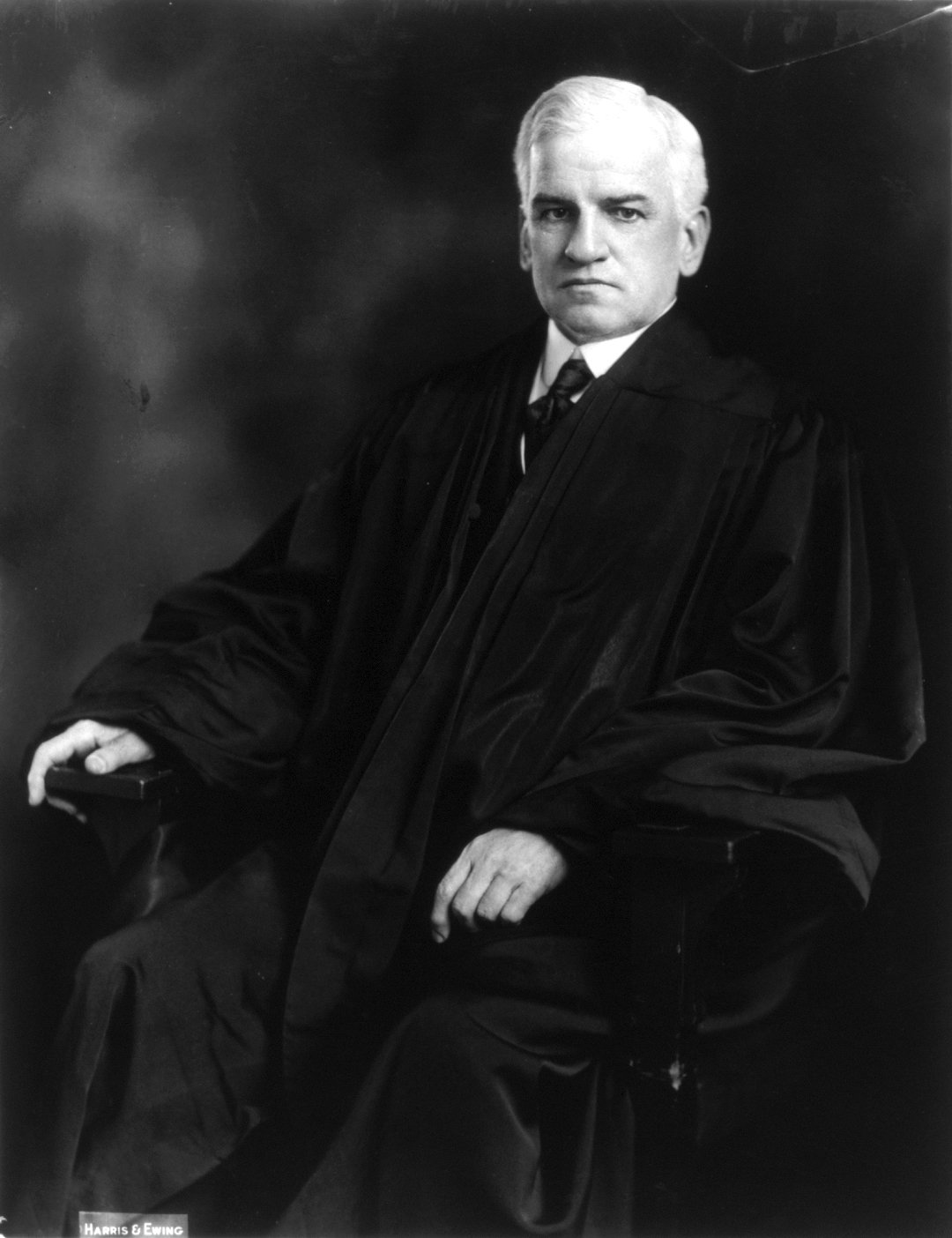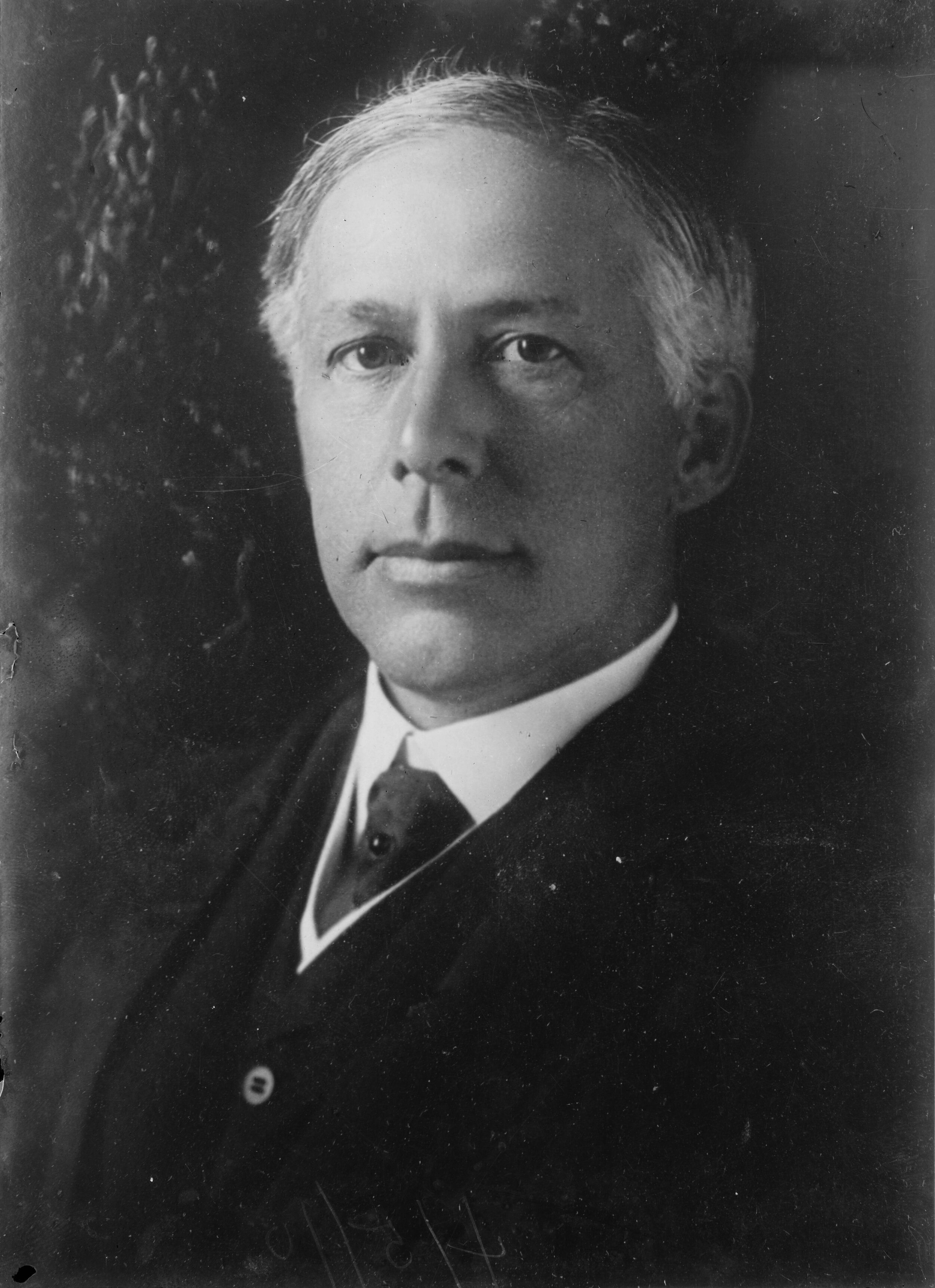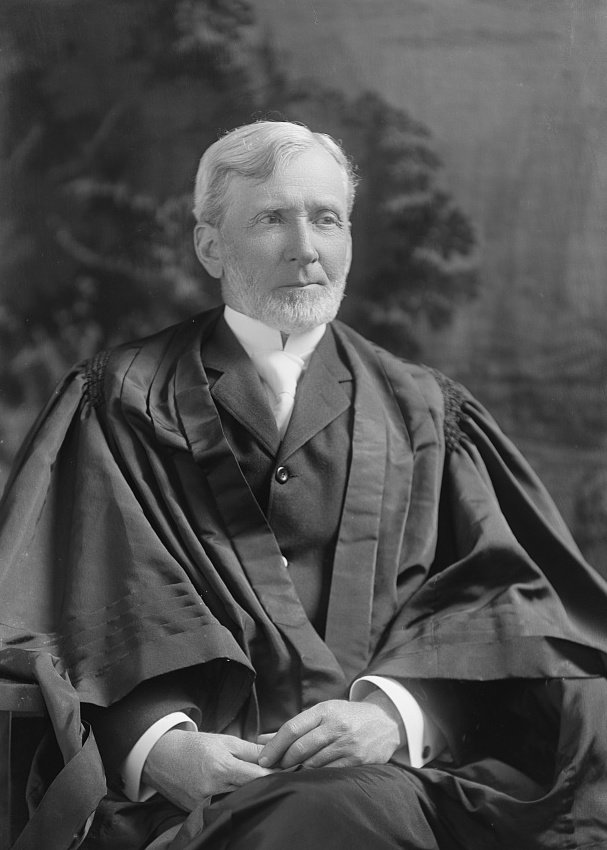Debs v. United States
Case Overview
CITATION
249 U.S. 211 (1919)
ARGUED ON
January 27, 28, 1919
DECIDED ON
March 10, 1919
DECIDED BY
Legal Issue
Was Debs’ right to free speech violated by the Espionage Act’s prohibition of speech critical to the United States’ war effort and the draft?
Holding
No. Especially during wartime, the government has the right to regulate speech that may create a clear and present danger to national security.
Debs speaking in Canton, Ohio on June 30, 1918 | Credit: Glenn V. Longacre, National Archives
Background
On June 16, 1918, Eugene V. Debs, a political activist and a five-time presidential candidate under the Socialist Party of America, delivered an anti-war speech in Canton, Ohio, denouncing the United States' involvement in World War I. Debs was subsequently arrested on June 30 under the Espionage Act of 1917. Debs was subsequently arrested on June 30 under the Espionage Act of 1917.
During his trial, the government argued that Debs' speech aimed to incite mutiny and treason by obstructing the drafting of soldiers into the U.S. Army—a prohibited act under the Espionage Act. The defense, however, contended that Debs was simply exercising his rights to free speech as guaranteed by the First Amendment of the Bill of Rights. Debs was ultimately found guilty, resulting in a sentence of ten years in prison and lifetime disenfranchisement.
Summary
Unanimous decision for the United States
Debs
United States
White
Brandeis
Day
Clarke
Holmes
McKenna
Van Devanter
McReynolds
Pitney
Opinion of the Court
Writing for a unanimous Court, Justice Oliver Wendell Holmes reasoned that Debs’ case was extremely similar to Schenck v. United States, in which he established the clear and present danger test, writing, “[t]he question in every case is whether the words used are used in such circumstances and are of such a nature as to create a clear and present danger that they will bring about the substantive evils that Congress has a right to prevent.”
In applying this test to Debs' case, Holmes examined the content and context of Debs' speech. In his Canton, Ohio speech for which he was arrested, Debs criticized the government's prosecution of the war and urged strong and sustained resistance to the draft. While Debs' speech did not explicitly call for violence or insurrection, Holmes concluded that Debs could still be held criminally liable if “the words used had as their natural tendency and reasonably probable effect to obstruct the recruiting service and… the defendant had the specific intent to do so in his mind.” Holmes’ opinion reaffirmed the principles he established in Schenck regarding the limitations of free speech in times of national crisis and in applying them to Debs' case, he emphasized the government's authority to restrict speech that poses a genuine threat to public safety and order.









